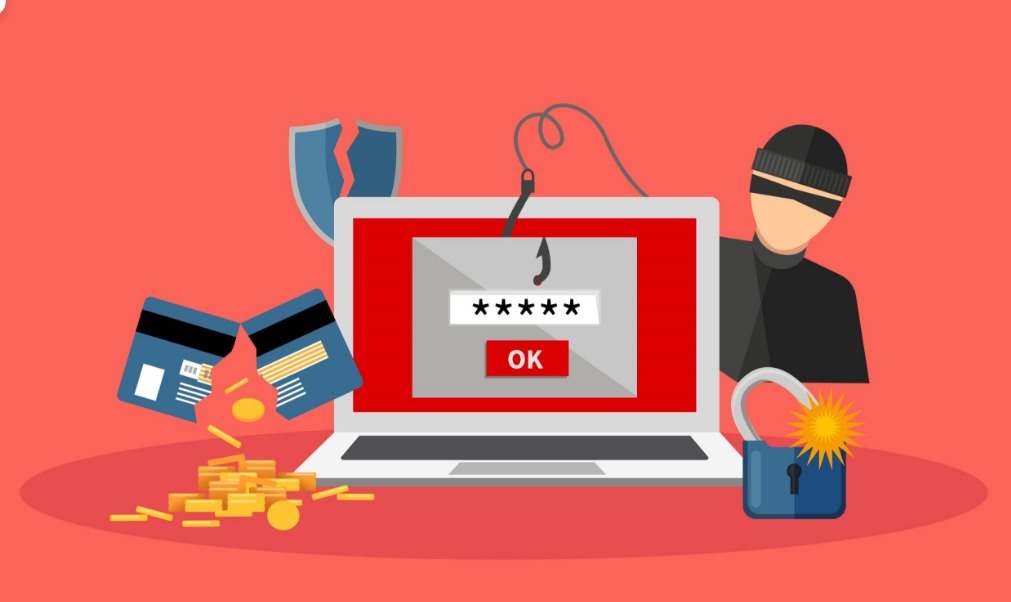E-commerce or Electronic Commerce engages in trade over the internet, usually on eCommerce platforms or web storefronts. Amazon, eBay, and more are well-known eCommerce platforms that you have ordered from before. But like every marketing strategy, there are some disadvantages of eCommerce. This article will discuss the disadvantages of eCommerce.
The various disadvantages of eCommerce include confusing eCommerce platforms, lack of security, and trouble with customer support. Network problems and a lack of personal touch also add to the cons, amongst other technical disadvantages. Often, newcomers to technology frequently find it difficult to complete any type of transaction on online web retailers.
For you to decide whether eCommerce is worth your attention or not, we have researched all the disadvantages in this post. Discover how these disadvantages can impact your shopping experience.
Platforms For Online Shopping May Be Confusing
Let’s face it; most web storefronts are a maze. Hordes of online shoppers that are new to technology struggle to view items and their orders quickly. Many people are still accustomed to purchasing their food from physical stores and building trusting relationships with store owners. eCommerce’s complicated interfaces, rules, and procedures are one of its drawbacks.
Consumers are constantly searching for the finest online shopping platform because they desire their transactions to be as easy and straightforward as possible. Since most platforms are as excellent as they can be yet still don’t appeal to individuals searching for simple shopping, customers frequently approach a plateau.
See Also: How To Fix Screen Recording Failed to Save due to 5823 Error?
Setting Up a Seller Profile Can Be Tricky
Nowadays, having a strong eCommerce platform is crucial for the survival and expansion of most organizations. Registering a seller profile on a global market like Amazon and starting to sell your commodities will be far easier than establishing your own e-commerce app if you desire to begin offering your products right away but don’t have a considerable amount of cash or time to construct your own website.
Although it is a fantastic strategy, even the largest eCommerce sites like Amazon may make it very difficult to sign up as a vendor. Their Seller Central and their app that lets you track your sales can be a bit off-putting to people who are new to technology.
They Openly Track You Across Other Platforms.
It is no secret that the eCommerce app you have installed on your phone freely tracks your activities on the web. The platforms analyze data from their businesses and consumers. We help eCommerce services create tailored shopping experiences and continuously improve their service for you. And platforms providing that service are part of what makes customers scared of online shopping.
They are monitoring what you do online and what sites you visit, to put it simply. To add to the mania, even your SIM provider tracks your calls and your audio to sell data to shopping websites.
It’s Much Worse Than You Think
If you are watching on your TV, it is also communicating with your phone. We are largely unaware of this as we can’t hear frequencies that high. Your phone picks up an inaudible tone that the TV produces during an ad because it is actively listening for it. Every piece of information in this current event is picked up by a server.
They are aware of your phone, TV, and advertising preferences. But today, thanks to wearables, computers, phones, tablets, streaming devices, automobiles, and Smart TVs that can connect to the Internet, advertisers have more data at their disposal than ever before for ad targeting.
Lack of Security
Ecommerce websites will always be a popular target for hackers. The impact of the breach, including the loss of consumer trust and data, can be highly costly to organizations of all kinds. As a result, a challenging problem involving data privacy is raised, which must be resolved later.
You must provide more details, which might put you at greater risk as a customer. You must exchange a substantial amount of personal information in order to make an online transaction. Your first and last names, shipping and billing addresses, and other data are stored in their systems. This much data in the wrong hands of a hacker makes security one of the most notable disadvantages of eCommerce.
Potential for Credit Card Fraud
Any sort of fraud committed with a credit card or debit card is referred to as “credit card fraud.”Credit card fraud is sometimes referred to as card-not-present fraud and payment fraud in the context of eCommerce fraud. It is among the biggest disadvantages of eCommerce, making people stay away from online shopping.
Since credit cards are typically the most straightforward and most convenient method for customers to pay for their online transactions, it should come as no surprise that credit cards are used in the majority of cases of online fraud. However, if a customer’s account information is obtained, alternative payment methods (such as debit cards, eCheck payments, PayPal, etc.) are just as vulnerable to being used illegally.
Numerous eCommerce platforms are unreliable
One of the main drawbacks of eCommerce is security, which is no secret. Many online storefronts have regular data leaks because of lax security. Hackers are always searching for e-commerce website weaknesses in an effort to get quick money. Cybercriminals just need the proprietors of e-stores’ to be inept with their security once so they can carry out their nefarious deeds.
Lack of Personality
Since there’s no need for a personal touch while online shopping, it’s harder for businesses to build loyal customers, many people frequently decide not to make any purchases online at all in favor of doing so from someone they know and trust.
Additionally, there is no face-to-face communication between the company and the customer, preventing relationships between the buyer and the seller. Damaged commercial connections may result from a single wrong product. Preventing the two parties from taking advantage of any future business possibilities. The awkwardness of dealing with a business that has no face is one of the other disadvantages of eCommerce.
Unhealthy Competition
There is fierce competition among online shops to have their establishment appear at the top of search results. Retailers know that consumers like to shop online when they’re saving money. They try to make their business rank higher by providing free shipping and inexpensive rates. Due to the fierce rivalry, this may result in low customer satisfaction ratings and stands out as one of the disadvantages of eCommerce.
In essence, you have to understand how simple it is for businesses to abuse and mistreat internet customers. Some online shops also make it difficult to cancel orders for unwanted goods. When buyers decide they no longer want an item, many retailers have “no refunds” policies. This is so that they may make a small profit given the high cost of transportation. Some companies also refuse returns without reimbursement for their shipping costs. When a customer cancels an order and returns an item to a shop, all of these issues arise.
FAQ
Why do most individuals choose eCommerce?
Everyone is now able to launch their own online business thanks to e-commerce. Small, niche shops and huge brand outlets may reach a larger audience more quickly by selling online. The platforms make it simpler for you to spend your money whether you are a buyer or a seller.
Is eCommerce bad for the environment?
The majority of the CO2 emissions produced by e-commerce are due to the worldwide transportation of products to customers. A whole 2% of our planet’s CO2 emissions come from using their big, heavy sites running on massive data centers.
Can eCommerce be good for the environment?
Since there's no need for a physical location - like a store - consumers no longer have to travel to make purchases. This can be great for the environment since consumers no longer have to waste gas going to the store.
Conclusion
If you think that, overall, eCommerce sounds complicated, you’d be right. But it’s not impossible to understand by any means. Even if you’re entirely new to the idea of running a business online, its other cons are not that easy to get rid of. Security, Lack of Privacy, and Tracking are the most significant disadvantages of eCommerce.
Systematic e-commerce keeps a record of the websites you visit and your internet actions. Even the SIM provider monitors your calls and audio in order to sell data to online storefronts. And it’ll continue to be that way for the foreseeable future.




